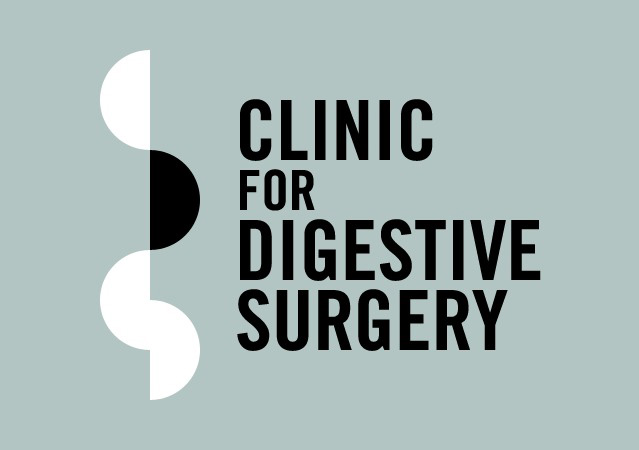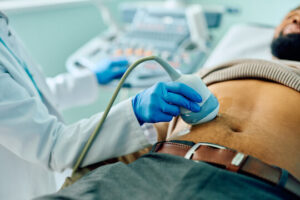Key Pointers at a Glance
- Long hours at a desk and poor posture can increase pressure on the stomach, worsening reflux.
- Skipping meals or eating at irregular times may trigger acid production and discomfort.
- Over-reliance on coffee and caffeinated drinks can relax the oesophageal sphincter, allowing reflux.
- Late-night suppers after long workdays make reflux more likely when lying down soon after.
- Simple changes in office routines can help reduce symptoms and support digestive health.
GERD in a Work Context
Gastroesophageal reflux disease (GERD) happens when stomach acid flows back into the oesophagus, leading to symptoms like heartburn, regurgitation, bloating, or a sour taste in the mouth. While GERD is a medical condition that can occur in anyone, workplace habits often play a big role in making symptoms worse.
For many office workers in Singapore, long hours at the desk, back-to-back meetings, and meals squeezed in between work commitments make digestive health harder to manage. Recognising these workplace triggers is the first step toward better control.
1. Desk-Bound Days and Posture Problems
Sitting for prolonged periods, especially in a slouched position, increases abdominal pressure. This can make it easier for stomach contents to flow upwards into the oesophagus. Workers who lean forward at their desks or hunch over laptops may find heartburn more frequent.
Tip: Try adjusting your workstation to encourage upright sitting. Standing breaks and gentle stretches during the day not only support your spine but also relieve abdominal pressure.
2. Skipped Meals and Irregular Eating Patterns
Tight deadlines and busy schedules often mean meals are delayed or missed entirely. Skipping meals can cause the stomach to produce more acid, leading to discomfort when food is finally consumed in large amounts later.
Tip: Aim for smaller, more regular meals. Keeping healthy snacks on hand—such as fruit, yoghurt, or nuts—can prevent long gaps between meals and reduce reflux episodes.
3. Coffee, Tea, and Caffeine Overload
Coffee culture is strong in many workplaces, but caffeine is a known trigger for reflux. It relaxes the lower oesophageal sphincter (the muscle that normally keeps stomach contents in place), making acid reflux more likely.
Tip: Limiting intake to one cup of coffee a day, or switching to non-caffeinated alternatives such as herbal tea or warm water, may help reduce flare-ups.
4. The Late-Night Supper Habit
Many office workers in Singapore finish late and turn to late-night meals for convenience. Eating just before lying down makes reflux worse, as gravity no longer helps keep stomach acid down.
Tip: Try to finish your last meal at least 2–3 hours before bedtime. If hunger strikes late at night, opt for lighter snacks rather than heavy or oily meals.
5. Creating a Digestive-Friendly Office Routine
Small, sustainable changes in workplace habits can make a significant difference in managing GERD. Beyond posture, meal timing, and caffeine moderation, staying hydrated with water and incorporating short walks after meals are simple ways to support digestive health.
Tip: Consider scheduling lunchtime walks with colleagues. This not only aids digestion but also provides a mental reset during the workday.
When to Seek Medical Advice
Occasional reflux is common, but persistent symptoms such as frequent heartburn, difficulty swallowing, or chest discomfort should not be ignored. Chronic GERD can lead to complications if left untreated, and medical evaluation can help determine the most appropriate management plan.
Taking the Next Step with Clinic for Digestive Surgery
At the Clinic for Digestive Surgery, patients can receive evaluation and management for GERD and other digestive conditions. Consultation may involve discussing symptoms, medical history, and, if necessary, diagnostic procedures such as gastroscopy to guide treatment planning.
📍 Locations:
- Mount Elizabeth Novena Specialist Centre
- Mount Alvernia Hospital
📞 Contact: +65 6570 2702 | [email protected]
👉 Book a Consultation with our doctors to understand and manage your digestive health.










